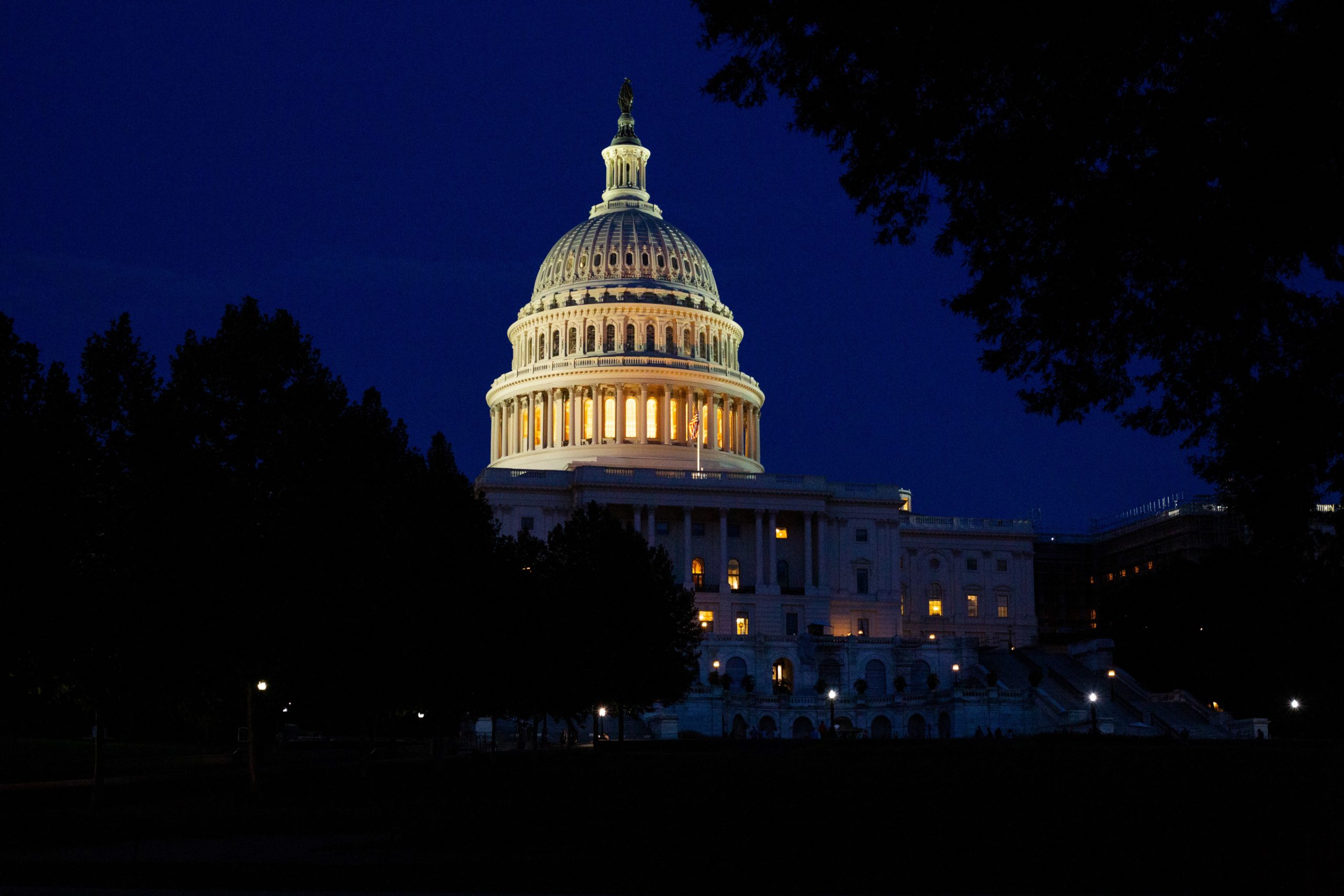
To be one of Jesus’ disciples was to have power and authority to heal, to fight evil, and to proclaim hope. Jesus chose 12 ordinary individuals “and gave them authority to drive out impure spirits and to heal every disease and sickness” (Matt. 10:1, NIV). He appointed “seventy-two others and sent them on ahead of him, two by two, into every town and place where he himself was about to go” (Luke 10:1, ESV). They had a simple task: “Heal the sick . . . and tell them, ‘The kingdom of God has come near to you’ ” (verse 9). But what does it mean to be one of His disciples today? In 2022 we reckon with a world that is overwhelmed by disease and sickness, by destructive forces, by hopelessness.
As a political scientist I read the preamble to the U.S. Constitution and see some important parallels to the disciples’ commission: “We the People of the United States, in Order to form a more perfect Union, establish Justice, insure domestic Tranquility, provide for the common defence, promote the general Welfare, and secure the Blessings of Liberty to ourselves and our Posterity, do ordain and establish this Constitution for the United States of America.” The Constitution gives the nation’s people the power and authority to create (and re-create) the country they want. Like Jesus’ disciples, policy wonks are empowered to seek healing and peace and to proclaim hope.
In college I read The Power Game: How Washington Works, by Hedrick Smith. It was 700 fascinating pages telling the story of how the president and members of Congress use power and politics to achieve policy change. I wanted to come to Washington, D.C., to work in Congress.
A summer internship led to a full-time job after graduation, with U.S. representative Joe Barton (retired, Tex.-6). I remember a family friend expressing some dismay at my desire to work in Congress. “That is such an evil, corrupt place,” they sighed. I disagreed. I had seen mostly hardworking, civic-minded elected representatives. I wanted to be part of the machine that created good policy. One of the highlights was working on passage of the Chinese Student Protection Act (PL 102-404). On June 4, 1989, the government of the People’s Republic of China launched an assault on pro-democracy protesters gathered in Tiananmen Square in Beijing. Many Chinese nationals in the United States who sympathized with the protesters were fearful of reprisals if they returned to China. As a result, President George H. W. Bush issued Executive Order 12711, which deferred deportation of Chinese nationals in the U.S. between June 5, 1989, and April 11, 1990. After meeting with some Chinese graduate students from Texas A&M University, my boss introduced legislation making it possible for individuals covered by the executive order to apply for legal permanent residency. It became my job to sort out the details with colleagues in the House and Senate. Later I was pleased to discover that an elderly couple from my church were able to become American citizens because of the law.
After a 12-year break to complete graduate degrees in political science and to teach at Arizona State University, I landed a job working as policy advisor for U.S. senator John Cornyn (Tex.). One of my first tasks as a policy wonk was to analyze a draft of the Family Smoking Prevention and Tobacco Control Act, which the senator later sponsored and which was signed into law on June 22, 2009. It reminded me of my academy days when my classmates and I had to set up the smoking dummy with the black, tar-stained lungs as part of a Breathe Free seminar. Over the next eight years I would have opportunities to work on finding solutions to policy problems that came to my attention through conversations with constituents, or other policy stakeholders. I would get to travel through my home state and come to appreciate the variety of cultures, issues, and people represented.
In 2011 I joined my academy classmates to reminisce and laugh. On the counter was a copy of the 1986 senior class issue of our school newspaper, The Gazette. It was a special issue that featured each senior’s prediction for the life they would be living at our 15-year class reunion. Ten years earlier, in 2001, we had first unearthed the paper and been amused to see what poor forecasters we were. This time, however, I was stunned to read my prediction that I would be “a political scientist and a Senate advisor.” It seemed incredible that a 17-year-old young woman would write a prediction, forget about it, and then proceed to live life as a series of somewhat random decisions, only to discover 25 years later that her dream had become reality. Psalm 37:4 came to mind: “Take delight in the Lord, and he will give you the desires of your heart” (NIV). I’d always thought of the text as an “if-then” statement: If you delight in the Lord, then He gives you the desires of your heart. But as I read my prediction, it occurred to me that just as the Lord had empowered His disciples to go forth, He planted the desire in my heart all those years before. Jesus needed this policy wonk!*
* As I reflected on the prediction, two thoughts came to mind: (1) God granted me the desire of my heart because He put it there first, and (2) I really thought this would be more exciting. I stayed in the Senate office a few more years before moving on to new challenges and opportunities for ministry, growth, and impact. The mission to seek healing and peace and to proclaim hope remains.